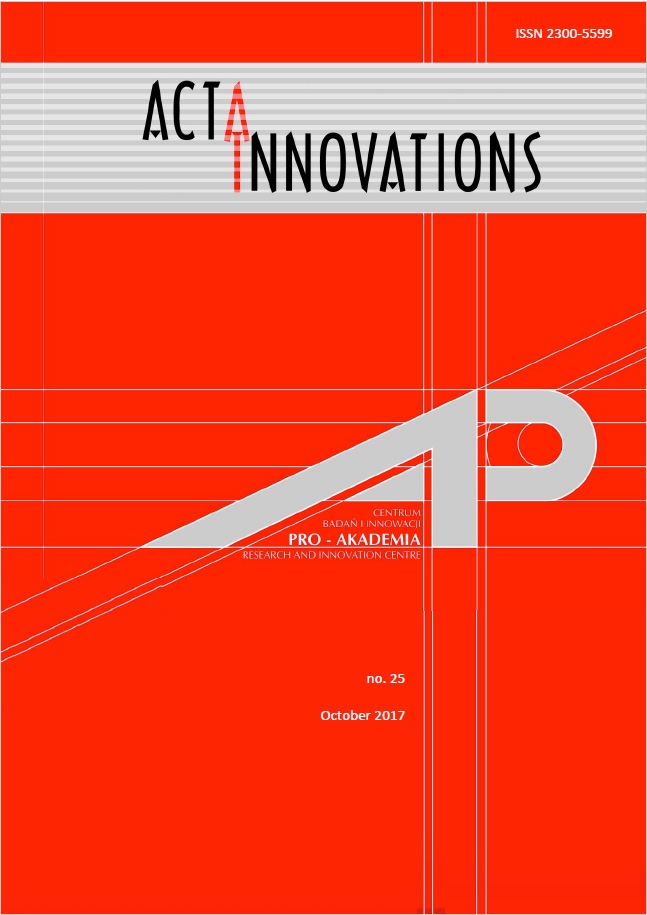Renewable energy in planning of sustainable urban units, is energy autarky possible in nZEB buildings?
Renewable energy in planning of sustainable urban units, is energy autarky possible in nZEB buildings?
Author(s): Anna Oniszk-Popławska, Elżbieta D. RyńskaSubject(s): Energy and Environmental Studies, Rural and urban sociology
Published by: Centrum Badań i Innowacji Pro-Akademia
Keywords: energy autarky; nZEB; renewable energy; urban unit energy analysis;
Summary/Abstract: Energy autarky is a concept commonly used in the context the of power off-grid or remote island systems. However, it has rarely reflected the idea of self-sufficiency of urban units, especially in cities with access to external technical infrastructures such as power and district heating networks. Energy autarky can also be considered auxiliary to nZEB calculation procedures, as an energy demand-supply balancing approach for calculating renewable energy shares. In fact, in Central and Eastern Europe for existing urban tissues buildings' self-sufficiency would be difficult to achieve due to a dominating role of space heating in energy demand shares. Proportions can, however, change in nZEB (nearly zero energy) buildings, with increasing importance and shares of electricity in the final energy consumption and a decreasing role of space heat. In this article a new approach to planning of energy (electricity) autarky at the level of an urban unit is presented, taking into account new nZEB standards at the same time. This is supposed to serve as a voice in the discourse on the formulation of future methodologies.
Journal: Acta Innovations
- Issue Year: 2016
- Issue No: 18
- Page Range: 49-57
- Page Count: 9
- Language: English

